Karnataka Board SSLC Class 10 Social Science question paper solutions 2019 is provided in this article in pdf format. While preparing for their Karnataka SSLC Class 10 Social Science exam students should solve previous year papers to know the exact exam pattern. Previous year question papers also give an overview of the weightage of marks, important questions, types of questions, etc. The solutions provided below will help students to know the correct methodology to write an answer.
The solution pdf provided in this article contains all the questions mentioned in the paper. All the answers are correctly explained in detail using simple and easy to understand language. Students can download the pdf version of the solutions and keep it for future reference.
Download SSLC Social Science Question Paper 2019 PDF
Download SSLC Social Question Paper Solution 2019 PDF
KSEEB Class 10 Social Science Question Paper With Solution 2019
I. Four alternatives are given for each of the following questions / incomplete statements. Only one of them is correct or most appropriate. Choose the correct alternative and write the complete answer along with its letter of alphabet
1. The reason to create ‘Separate Electorate College’ in 1909 was to
(A) provide separate representation for Muslims
(B) create separate constituency for Europeans
(C) provide separate representation for Sikhs
(D) reserve some seats for Christians
Answer: (A) — provide separate representation for Muslims
2. The First Anglo-Mysore war ended with the
(A) Treaty of Mysore
(B) Treaty of Madras
(C) Treaty of Mangalore
(D) Treaty of Srirangapattana
Answer: (B) — Treaty of Madras
3. The one who started the newspaper ‘New India’ is
(A) Raja Rammohan Roy
(B) Mahatma Gandhi
(C) Annie Besant
(D) Dayanand Saraswati
Answer: (C) — Annie Besant
4. U.N.O. adopted the Human Rights Declaration in the year
(A) 1945
(B) 1950
(C) 1947
(D) 1948
Answer: (D) — 1948
5. The correct statement related to U.N.O. Security Council is
(A) it has 15 permanent members
(B) it is like a cabinet of U.N.O.
(C) it has its headquarters in Paris
(D) that India has got permanent membership recently
Answer: (B) — it is like cabinet of U.N.O.
6. Invisible hunger refers to
(A) nutrition
(B) malnutrition
(C) hunger in rich people
(D) balanced diet
Answer: (B) — malnutrition
7. Black soil is suitable for dry farming as it
(A) is formed in heavy rainfall region
(B) has less moisture retention capacity
(C) has high moisture retention capacity
(D) is formed from weathering of crystalline rocks
Answer: (C) — has high moisture retention capacity
8. The construction of Damodar river project has resulted in
(A) Damodar as no more ‘Sorrow of Bengal’
(B) increasing landslides
(C) causing heavy earthquakes
(D) submerging many major industrial areas
Answer: (A) — Damodar as no more ‘Sorrow of Bengal’
9. An example for direct tax is
(A) Value added tax
(B) Central excise duty
(C) Stamp duty
(D) Service tax
Answer: (C) — Stamp duty
10. A person has bought a car of worth Rs. 15 lakhs is now facing some problems in it, but the car company is not responding to him. To which agency can the person complain?
(A) District Consumer Forum
(B) The State Consumer Commission
(C) The National Consumer Commission
(D) Inter-State Consumer Forum
Answer: (A) — District Consumer Forum
II. Answer the following questions in a sentence each:
11. Why was Shuddhi Movement started?
Answer: Reconversion of people who had converted to Islam and Christianity from Hinduism.
12. Why did Indian soldiers oppose the use of Royal Enfield rifles / guns?
Answer: The bullets were used for the guns smeared with the fat of pig and cow.
13. Sardar Vallabhbhai Patel is called ‘Iron Man of India’. Why?
Answer: Successful in the integration of princely states in Indian Union / Federation.
14. How did Government solve the Tibetan refugees problem?
Answer: Government sanctioned 3000 acres of land to Tibetan refugees at Bylukuppe.
15. Output of Agriculture Sector dropped in America after First World War. Why?
Answer: USA experienced stagnation in economic development due to the Great Economic Depression.
16. What is Disarmament?
Answer: Disarmament
- The process of elimination of specific arms step by step.
- The direct process available to bring down the number of arms or elimination of certain arms.
17. Who wrote the book, ‘The Republic’?
Answer: Plato
18. Devadasi system is an inhuman practice. Why?
Answer: Women exploitation, Gender inequality, Sexual slavery and child marriages.
19. Which state of India has the largest area under forests?
Answer: Madhya Pradesh
20. Which are the forests found in river deltas of eastern coast of India?
Answer: Mangrove forests
21. Why do the construction companies provide more demand for aluminium?
Answer: The construction companies provide more demand for aluminium
- Good conductor of electricity, low corrosion, light weight, multiple use, strong and cheap.
- Used as a substitute for steel and copper in construction.
22. What is density of population?
Answer: The number of people per sq.km is called density of population.
23. Why was the 73rd Constitutional Amendment Act enacted in 1993?
Answer: The 73rd Constitutional Amendment Act enacted in 1993
- To bring uniform Panchayat Raj Institutions.
- To decentralise the administration.
24. When is the ‘World Consumers’ Day’ celebrated?
Answer: 15th March every year
III. Answer the following questions in two to four sentences each:
25. The battle of Buxar had helped the British to get many benefits. Substantiate.
Answer: The battle of Buxar had helped the British to get many benefits.
- Secured ‘Diwani rights’
- Got all the rights over Bengal
- Got 50 Lakh from Nawab as war expenditure
- Took over the entire administration of Bengal
- Secured right of revenue collection through Dual Government.
26. How did Subsidiary Alliance control Indian provinces?
Answer: Subsidiary Alliance control Indian provinces
- Keep the British army in his kingdom
- Bear the expenses of the army and wages of soldiers
- Having a British Resident in his court
- Permission to appoint Europeans
- Permission to sign agreement or pact.
27. The condition of Indian soldiers in the British army was very pathetic. Justify.
Answer: The condition of Indian soldiers in the British army was very pathetic
- Indian soldiers did not have the status, salary and promotion
- They were pressurised for overseas work.
28. Answer the following questions related to the given picture:
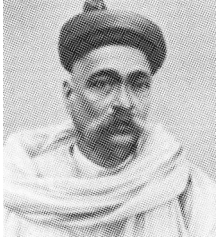
a) Name the person in the given picture.
b) Name the book written by him.
Answer a: Bal Gangadhar Tilak
Answer b: Geetha Rahasya.
29. What are the features of Fascism?
OR
What are the achievements of Lenin as the President of Russia?
Answer: The features of Fascism are:
- Ultra-nationalism
- Ideas of destroying the other national forces
- Patronising violence
- Racial superiority
- Expansion of national boundaries
- Support of human executions
Answer: The achievements of Lenin as the President of Russia are:
- Declared the land belonged to the farmers
- Free education, health and sports facilities
- Implemented new political and economical policies
- Scientific communism was implemented.
30. India has been considered as one of the powerful countries of the world. Why?
Answer: India has been considered as one of the powerful countries of the world because
- Huge population
- Huge natural resource
- Intellectual capacity
- Industrialised capacity
- Powerful military force
- Own foreign policy.
31. In spite of the border dispute between India and China, how have they strengthened their relationship?
Answer: India and China strengthened their relationship
- India and China have established good trade relationship after 1980.
- ‘BRICS’ a group of countries was established in 2015
- Panchsheel principle
32. Why is Mob violence an anti-social activity?
Answer: Mob violence an anti-social activity because
- Destroys public property
- Creates confusion
- Spreads rumours
- Results in major deaths
- Creates a serious law and order situation
- Communal violence, racial violence, caste violence etc. are created.
33. In the South Indian map, a physical division is marked. Name it and mention any two economic importances of it.
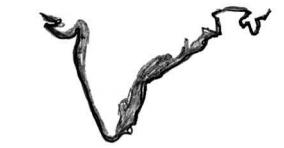
Answer: The coastal plains. Two economic importances are: Natural harbour and Navigation.
34. Why does the climate of India vary from one region to another?
Answer: The climate of India vary from one region to another are
- Location
- Water bodies
- Relief features
- Monsoon winds
- Ocean currents
- Latitude
- Away from sea.
35. How has agriculture helped in the development of Secondary and Tertiary sectors?
Answer: Agriculture helped in the development of Secondary and Tertiary sectors
- Agriculture supports tertiary sectors like trade, transport, banking, insurance.
- It supports industries like cotton, jute, sugar industries.
- It provides market for chemical and implements manufacturing industries.
36. Energy crisis is a major problem of India in recent days. Why?
Answer: Energy crisis is a major problem of India in recent days because
- Production of energy is less than the demand.
- Meager deposits and shortage of petroleum
- Poor quality of coal
- Erratic rainfall and shortage of water
- Loss of power in transmission
- Limited use of non-conventional energy sources.
37. Road Transport is better than Railway Transport. Substantiate.
Answer: Road Transport is better than Railway Transport.
- Can be constructed in forests and hilly regions
- Connect isolated places
- Connect remote places with cities and towns
- Provide door to door services
- Most useful for defence in border areas.
38. The formulation of Human Development Index (HDI) was essential to measure economic development. Explain.
Answer: The formulation of Human Development Index (HDI) was essential to measure economic development
- If the population expands along with increase in national income. It cannot give clear picture of economic progress.
- Per capita income does not consider the distribution of income among the people.
- The availability of basic amenities like food, shelter, education, health or other social factors are not considered.
39. Globalization affects food habit and health of the people. How?
Answer: Globalization affects food habit and health of the people
- Consuming more junk food
- The traditional food habits are being slowly disappearing.
- Degrades health and spreads diseases
- Spreads deadly viral diseases all over the world.
- Environmental pollution increases.
IV. Answer the following questions in six sentences each:
40. The 18th Century in Indian History was “the Century of Political Problems”. Justify.
OR
The British education system created a new generation of Indians with progressive attitudes. Justify.
Answer: The 18th Century in Indian History was “the Century of Political Problems”
- French and English involved in Indian Politics
- Death of Aurangzeb
- The Moghul empire weakened
- The Moghul lost political control over South India
- Political struggle in Carnatic region
- Political challenges in Mysore state for succession
- The Nawab of Arcot, Marathas and Nizam were fighting each others
- Anglo-Mysore wars were fought.
Answer: The British education system created a new generation of Indians with progressive attitudes.
- Nationalistic ideals were developed.
- Local literature and languages were developed
- Periodicals started emerging
- New social and religious reformation movements emerged
- Fresh thinking in the minds of educated Indians
- Influenced the Freedom struggle
- Helped to understand rich tradition.
41. Unemployment has become a huge problem in India. Why?
OR
Explain the aims of United Nations Organization.
Answer: Unemployment has become a huge problem in India
- Huge population
- Improved technology
- Shortage of natural resources
- Over dependency of agriculture
- Ruined Cottage industries
- Lack of skill based education.
Answer: The aims of United Nations Organization are
- Safeguarding peace and security
- Fostering co-operation
- Improving faith in the human rights
- Exploring co-operation to solve problems
- Providing recognition to agreements and conditions
- Striving to build mutual trust and co-operation.
42. Explain the legal provisions brought to eradicate untouchability in India.
OR
Explain the characteristics of Organised Labour Sector.
Answer: The legal provisions brought to eradicate untouchability in India
- The Article 17 of Constitution
- Untouchability Crime Act, 1955
- Civil Rights Protection Act, 1976
- Universal rights to vote and participate in election
- Reservation in education and employment
- Special responsibility for State Government-1989
- Articles 15, 16, 17, 38, 39
- Articles 16(4), 320(4), 330, 332, 334
- Articles 29 and 25.
Answer: The characteristics of Organised Labour Sector are:
- Enrolled as per the law
- Fixed wages facilities
- Employment security
- The relationship is legally guided
- Extra payment for overtime work
- Mandatory to pay taxes
- Pay special facilities
- Guided by legal modalities.
43. Explain how the industries help in economic development of a country.
OR
Explain how both natural and human induced forces cause landslides.
Answer: The industries help in economic development of a country.
- Reduces the reliance on primary product
- Reduces imported goods
- Increases national income
- Increases per capita income
- Earns foreign exchange
- Creates job opportunities
- Increases G.D.P.
- Improves living standard of the people
- Reduces pressure on agriculture
- Helps in development of Tertiary Sector.
Answer: Natural forces:
- Erosion of a sea cliff
- Earthquakes
- Heavy rainfall.
Human forces:
- Deforestation
- Construction of roads, railways and dams
- Construction of reservoirs and hydel power projects
- Mining and quarrying.
44. What are the functions of Reserve Bank of India ?
OR
What are the goals / objectives of public expenditure?
Answer: The functions of Reserve Bank of India are:
- Monopoly of Note issue
- Banker of Government
- Bankers’ Bank
- National Clearing House
- Controller of Credit
- Custodian of Foreign Exchange Reserves
- Promotion of Banking habits.
Answer: The goals / objectives of public expenditure are
- Promote faster economic development
- Promote industry, trade and commerce
- Promote agriculture and rural development
- Promote balanced regional growth
- Build socio-economic overheads
- Promote full-employment
- Maximize social welfare.
45. List out the functions of an entrepreneur.
OR
List out the advantages of opening a bank account.
Answer: The functions of an entrepreneur are
- Prepares various plans for business
- Organises factors of production
- Takes decisions
- Co-ordinates things effectively
- Introduces new methods
- Handles budget of his concern
- Bears risks and uncertainty
- Gives directions.
Answer: The advantages of opening a bank account are:
- Facilitates safe custody of money
- Helps in making payments
- Helps in collection of money
- Helps to get advances and loans
- Helps in smooth financial transactions
- Helps to get safe deposit locker facility.
V. Answer the following question in about eight to ten sentences:
46. The protests organised by the farmers are important in National Freedom Struggle. Explain.
Answer: The protests organised by the farmers are important in National Freedom Struggle
- Influenced by the Congress and Marxist ideologies
- Farmers rebelled against the British planters and Zamindars
- Opposed the Indigo cropping in Champaranya
- Protested against land tax
- Gandhiji influenced activities of Champaranya and Kheda
- Farmers of Tebhaga, Malabar opposed the British
- Non-co-operation Movement, Tax refusal and Quit India movements were supported
- Protests organised by Kisan Sabha
- Farmers of Telangana protested against Zamindars and Razacks
- The farmers of Bengal rose against the zamindars
- The farmers of Maharashtra protested against low wages.
VI. 47. Draw an outline map of India and mark the following:
a) Indira Col
b) River Kaveri
c) Delhi.
Answer:
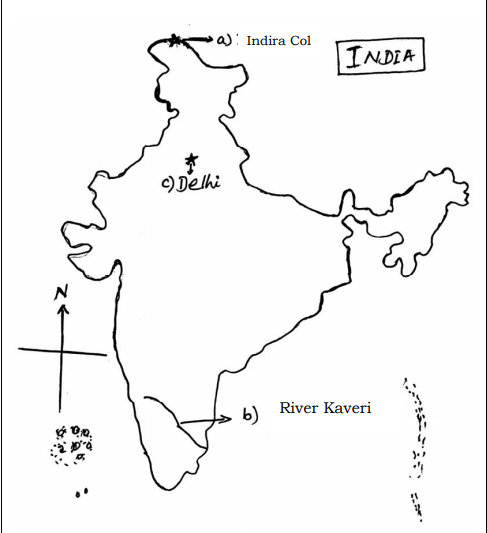



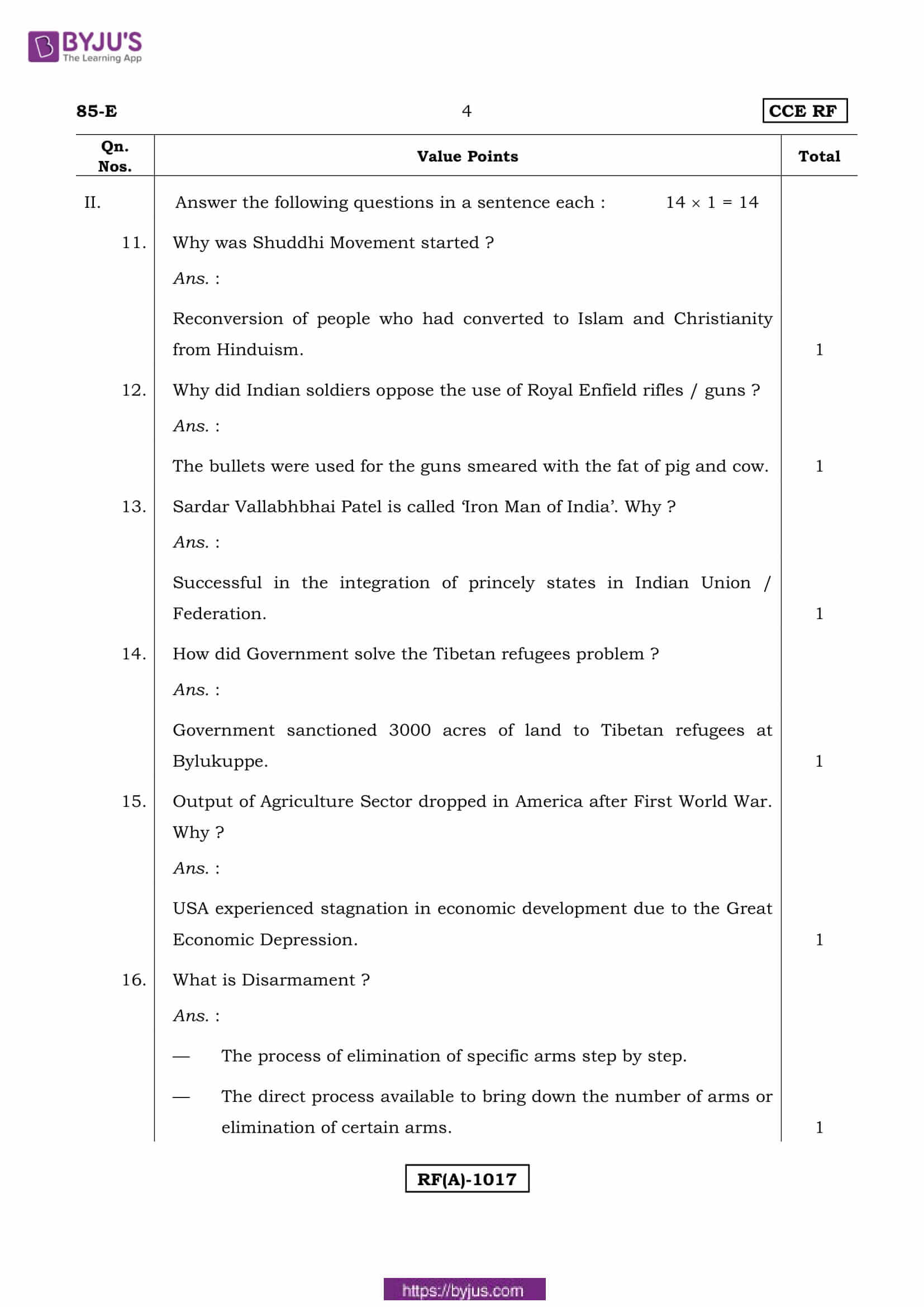

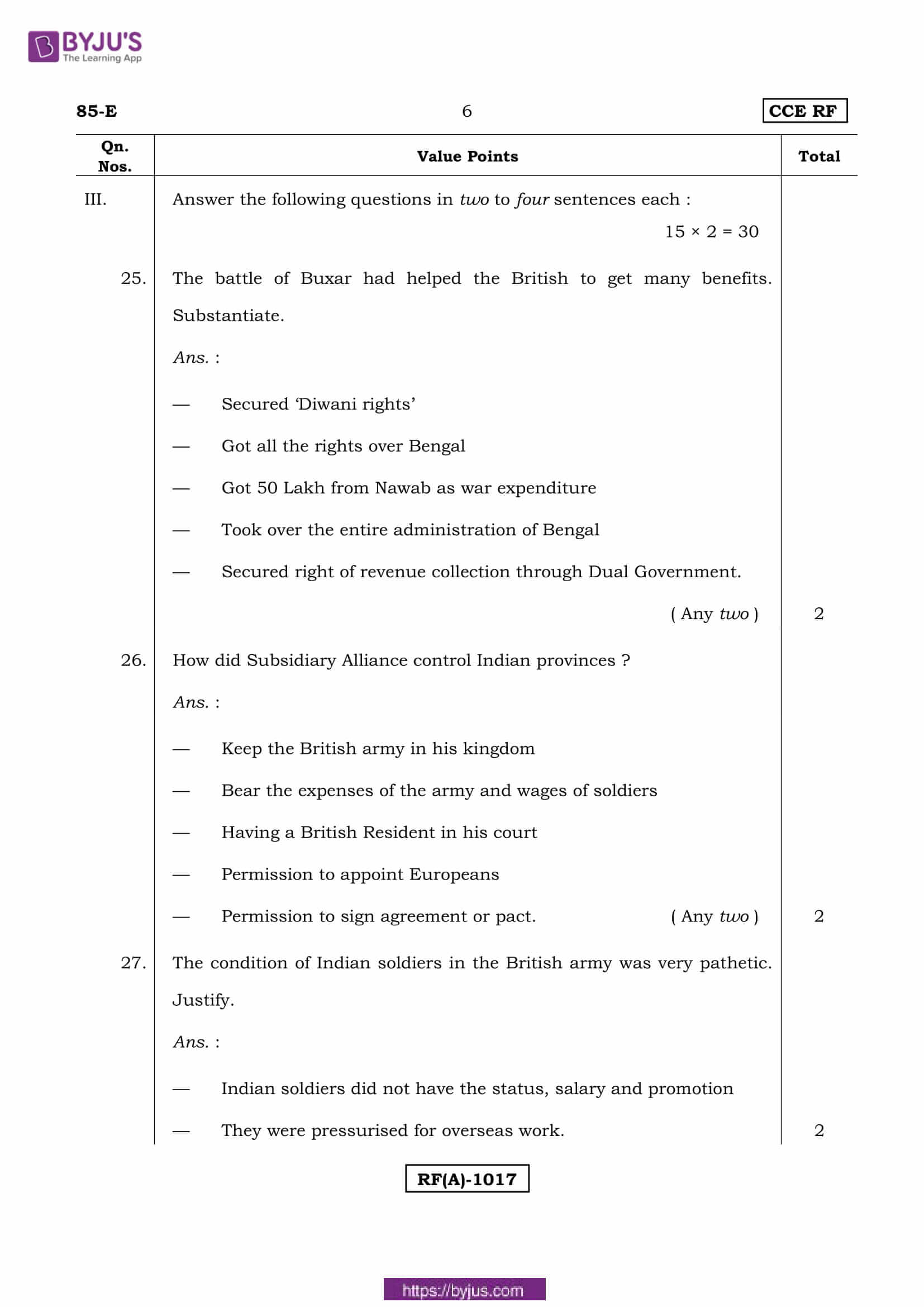

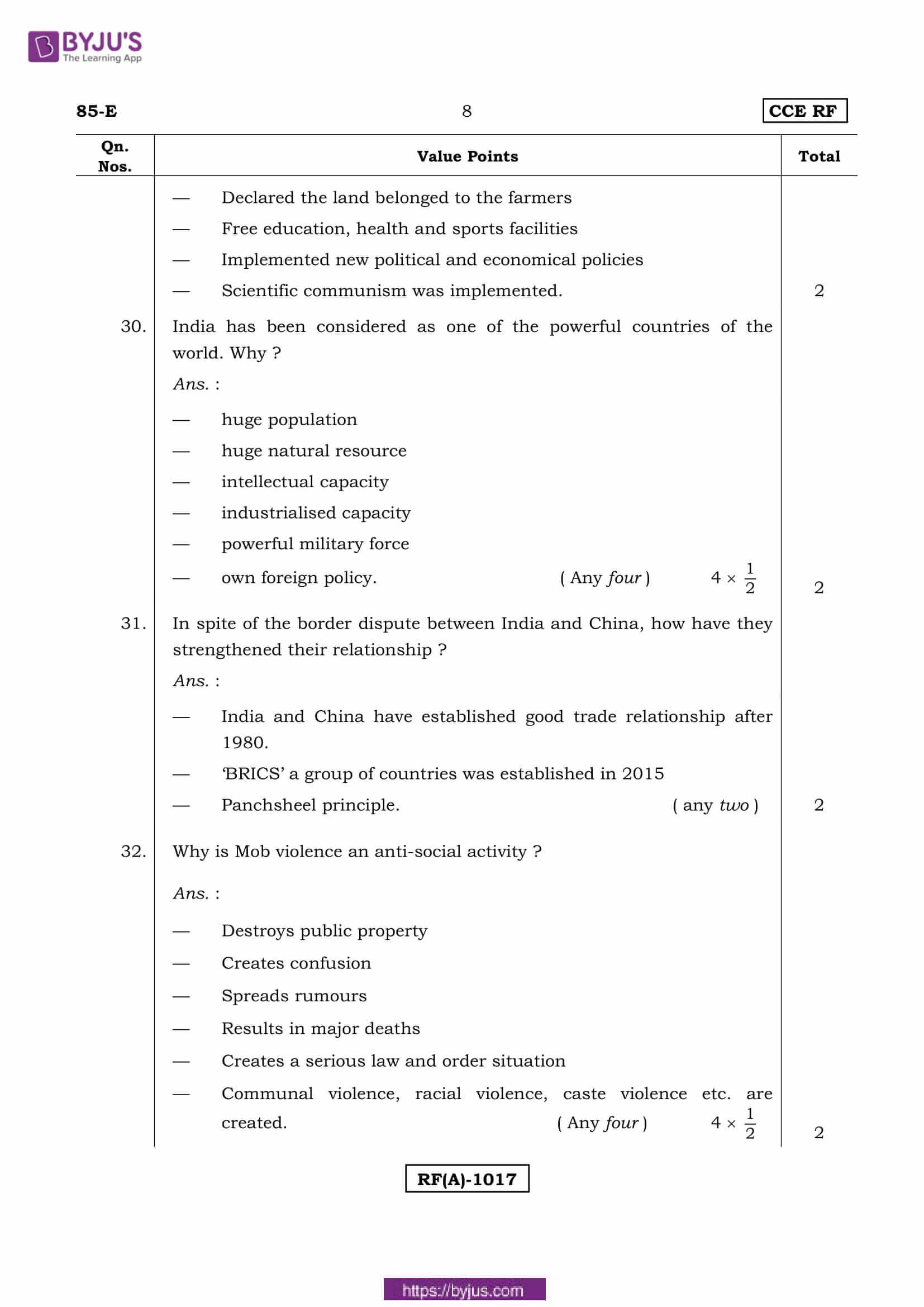

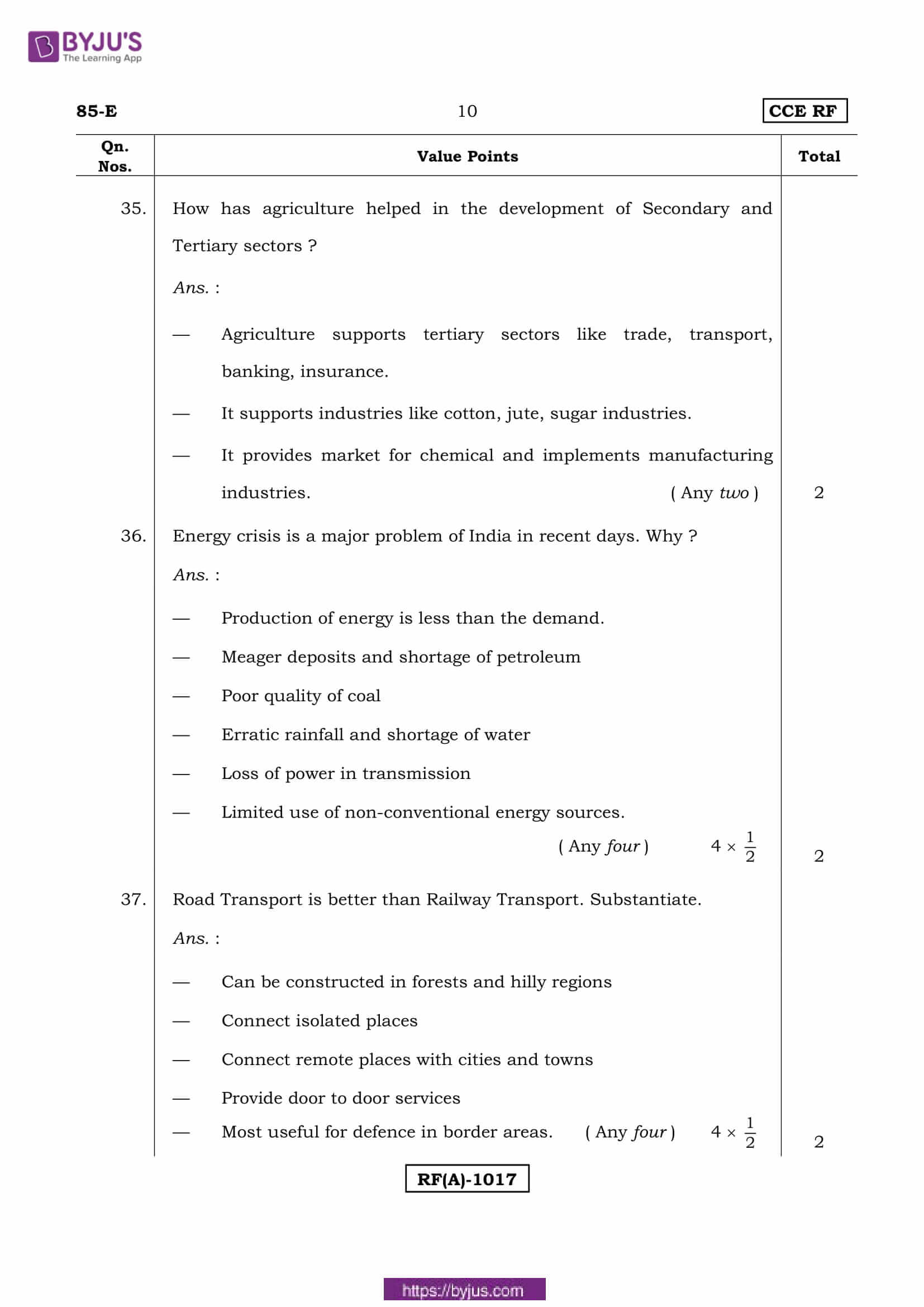
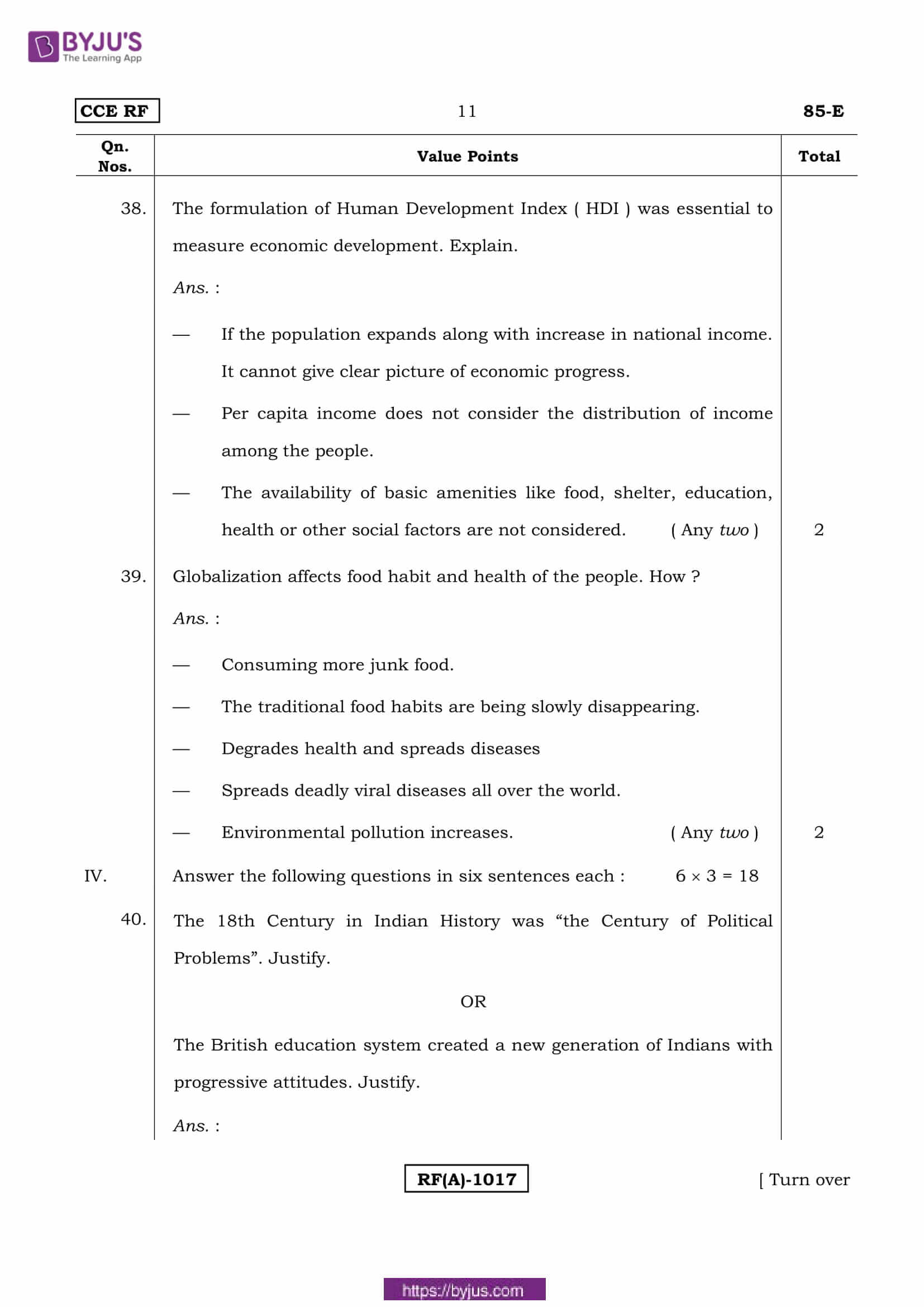
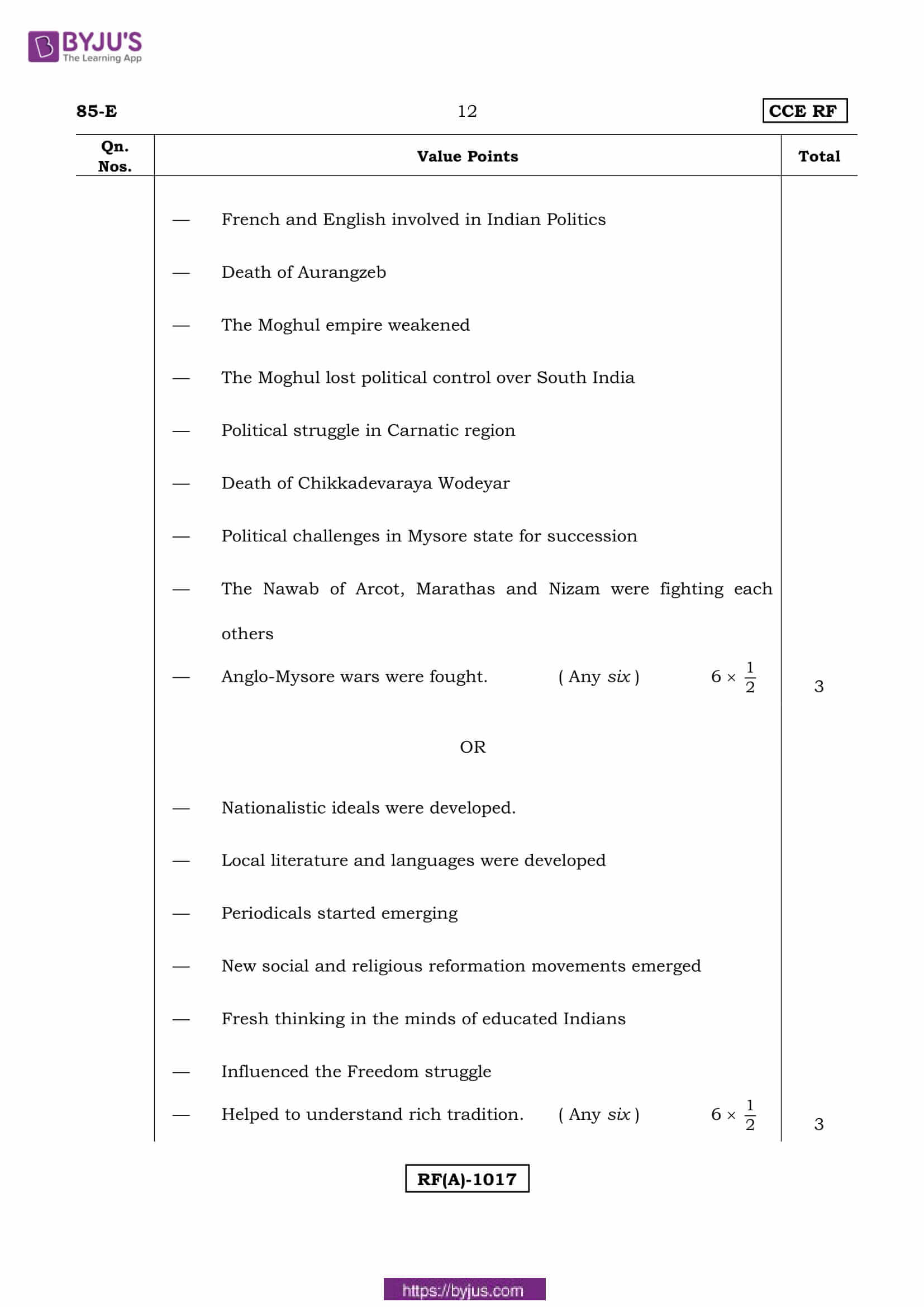
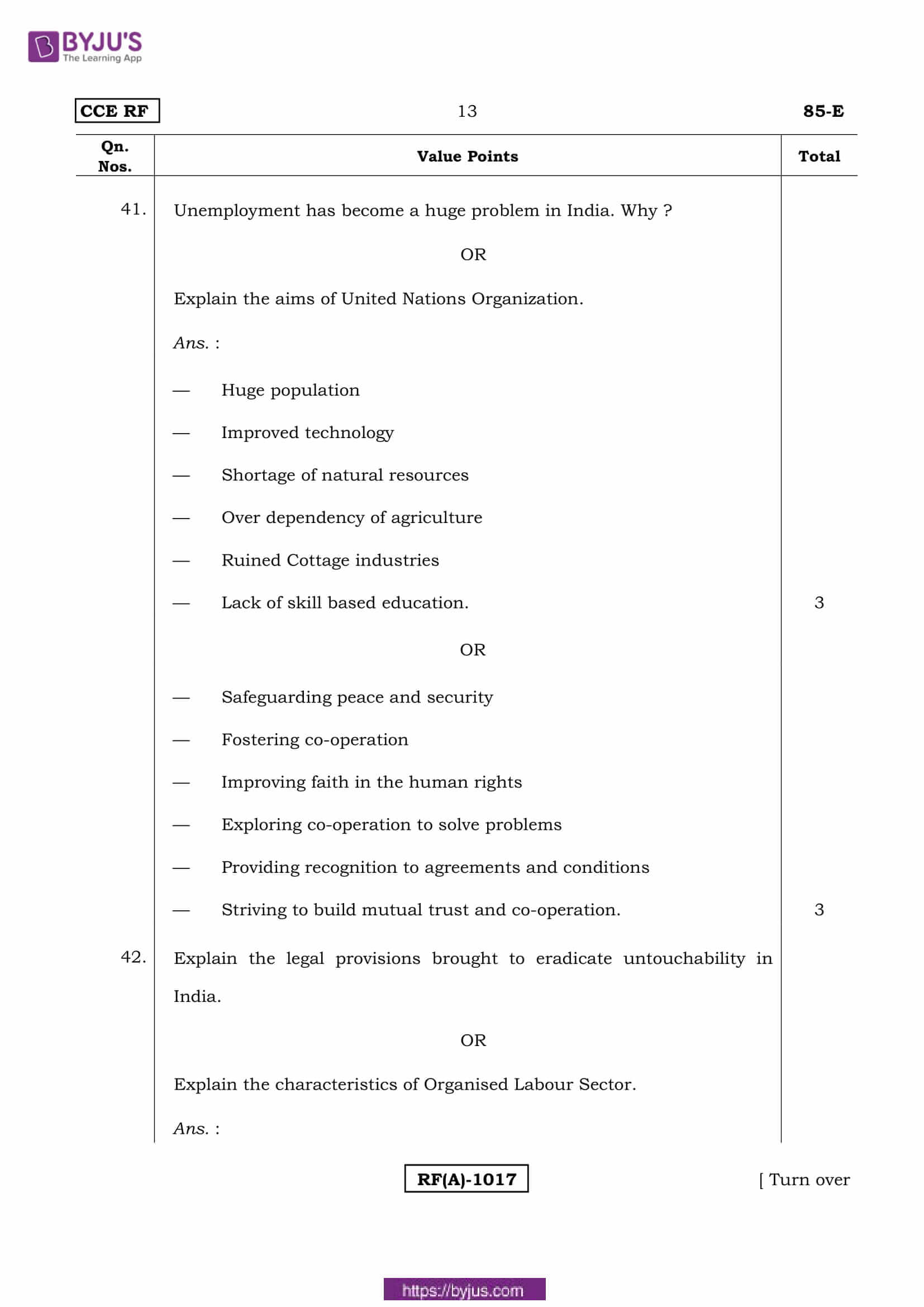
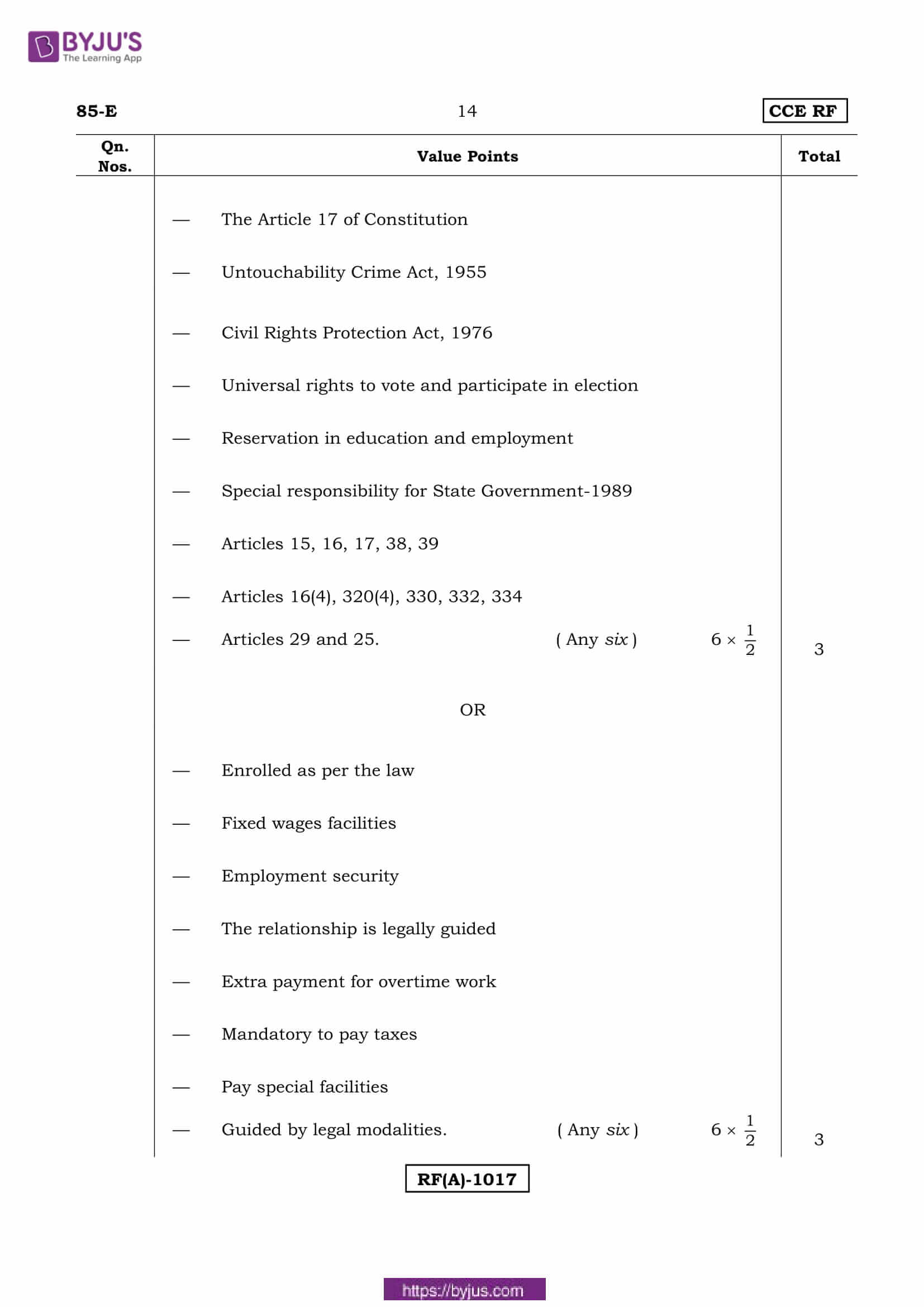
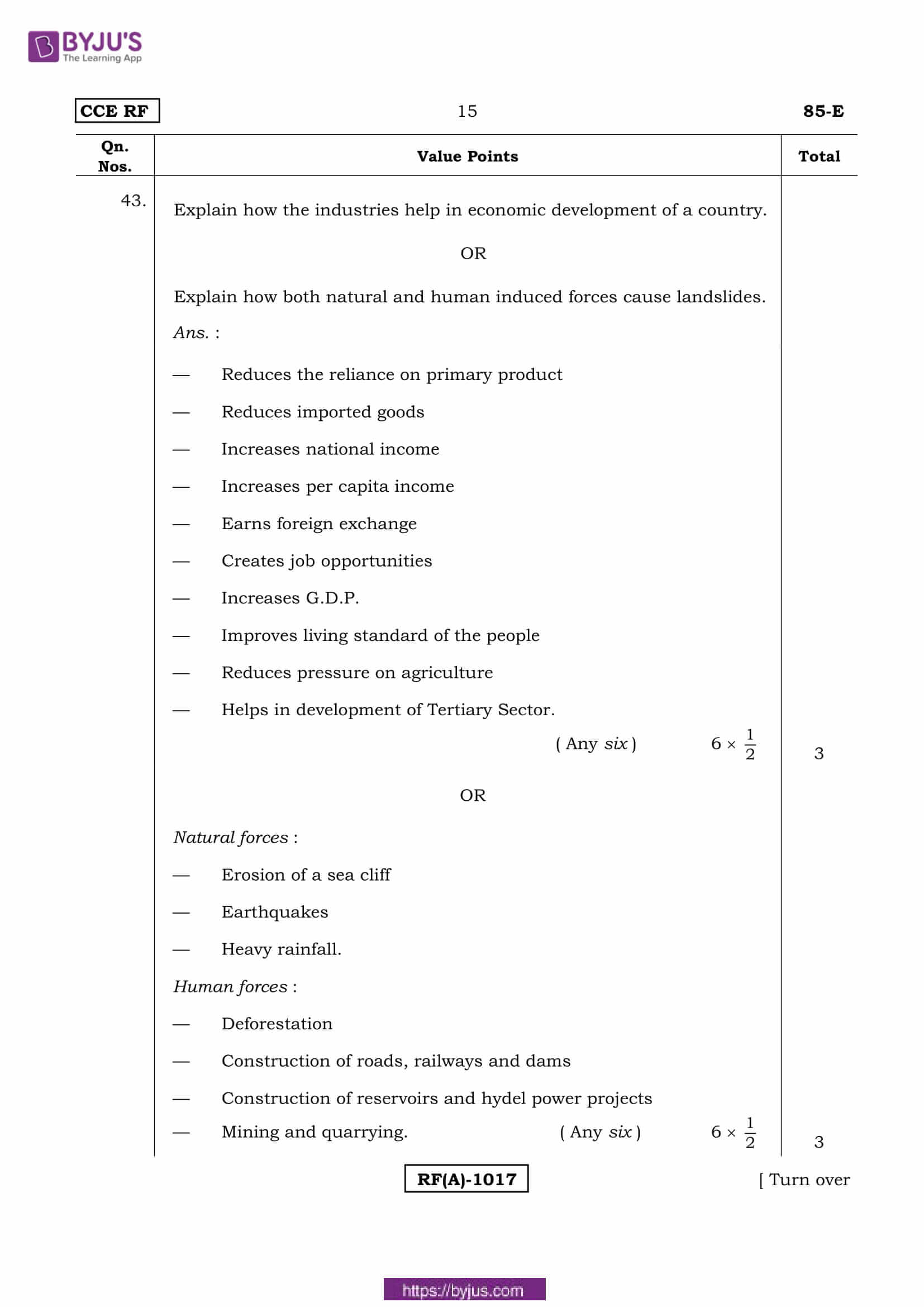

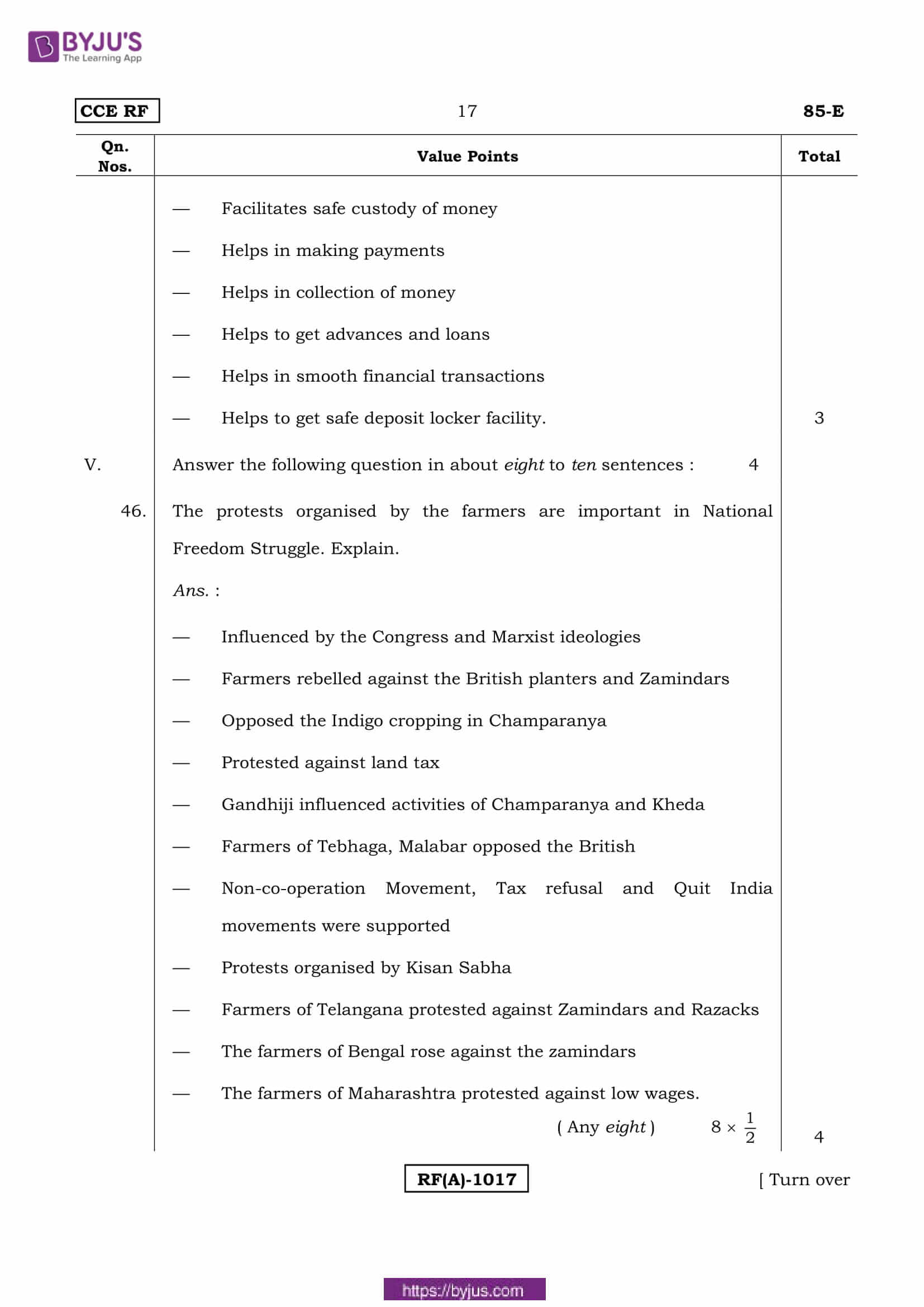

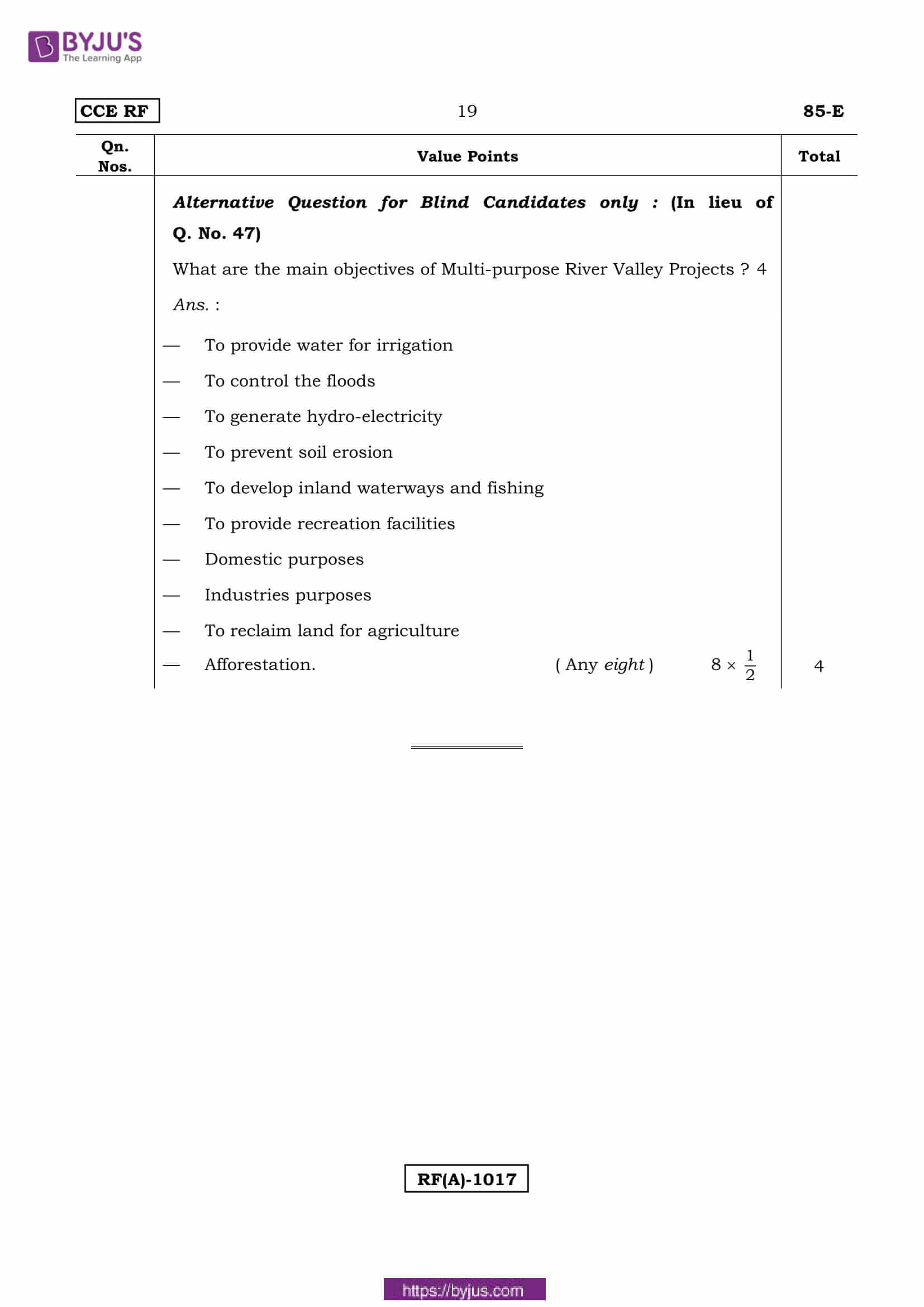
Comments